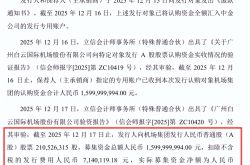FAW-Toyota's Beijing Headquarters Confirmed to Relocate to Tianjin, with Major Model Adjustments on the Horizon
![]() 12/25 2024
12/25 2024
![]() 704
704
The relocation of FAW-Toyota's Beijing headquarters has finally been confirmed!
"Auto Talk" has verified with sources close to FAW-Toyota that the company's Beijing-based sales headquarters will fully relocate to its Tianjin plant. This relocation is expected to be completed in the first half of next year. Employees who decline to move will be deemed to have voluntarily resigned and will be offered a maximum compensation of N+7.
Rumors about the relocation of FAW-Toyota's sales headquarters from Beijing to the Tianjin plant have been circulating for several years. After months of coordination and mobilization, a "formal decision" was made last month, and the affected employees have now been notified.
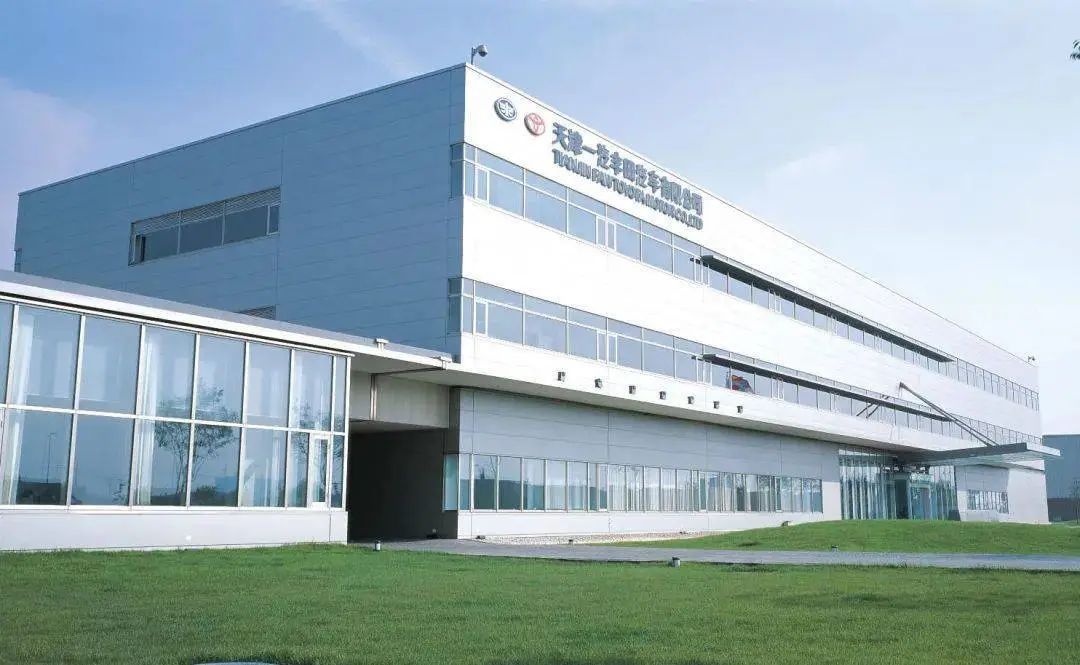
Despite the proximity between Beijing and Tianjin, with a high-speed rail journey taking only half an hour, some Beijing-based employees have chosen to accept compensation due to considerations such as social security and family factors. The timing of FAW-Toyota's formal decision to relocate was also influenced by Toyota's broader strategy of making a series of adjustments in the Chinese market.
Relocation for the Integration of Production and Sales?
As early as 2020, FAW-Toyota initiated a system reform, with Tianjin FAW-Toyota serving as the umbrella enterprise for the entire FAW-Toyota system, and other vehicle and engine enterprises becoming wholly-owned subsidiaries under its umbrella. FAW-Toyota Motor Sales Co., Ltd., which handles sales, also reports to Tianjin FAW-Toyota in terms of business.
Compared to GAC Toyota, Toyota's other joint venture in China that achieved earlier integration of production and sales, FAW-Toyota has also been promoting the transition from a separation of production and sales to an integration of production, sales, and research. Within FAW-Toyota, there has been ongoing discussion about the potential of relocating the sales headquarters to Tianjin, where the company's headquarters are located.
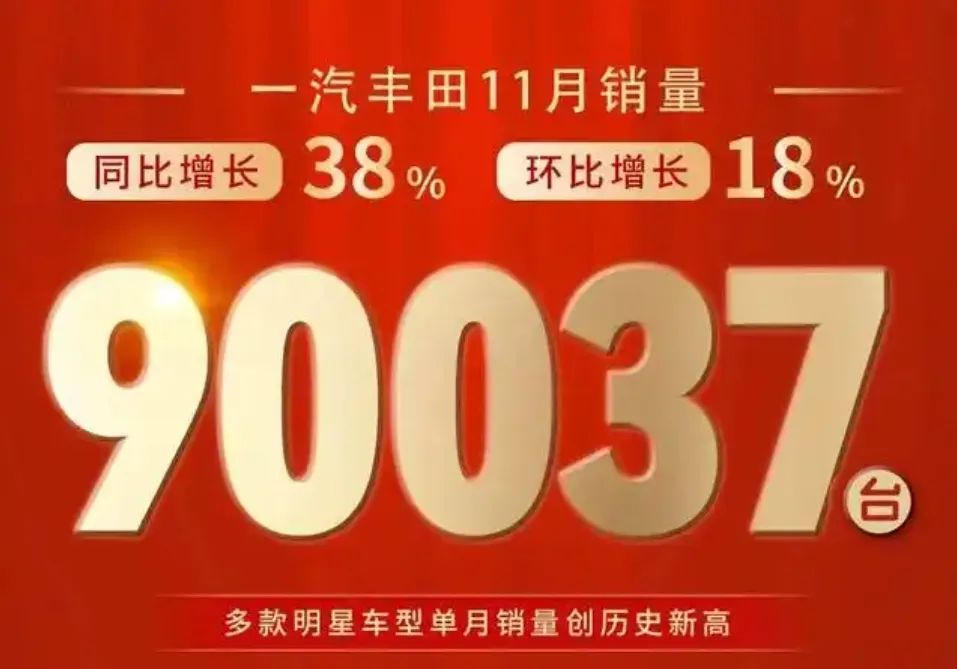
This year, FAW-Toyota's sales performance has been outstanding among joint venture automakers, with sales of 703,200 units in the first 11 months, roughly on par with last year, while GAC Toyota has seen a double-digit decline. Especially in November, FAW-Toyota sold 90,037 units at the terminal, representing a month-on-month increase of 18% and a year-on-year increase of 38%, demonstrating a strong growth momentum.
However, despite the geographical advantages of FAW-Toyota's sales headquarters being located in Beijing, such as convenient transportation and the ability to attract talent, and despite FAW-Toyota's impressive performance this year amidst the general decline of joint venture automakers, Toyota has still decided to relocate its sales headquarters to Tianjin in response to the overall trend of coordinating production and sales and improving operational efficiency.
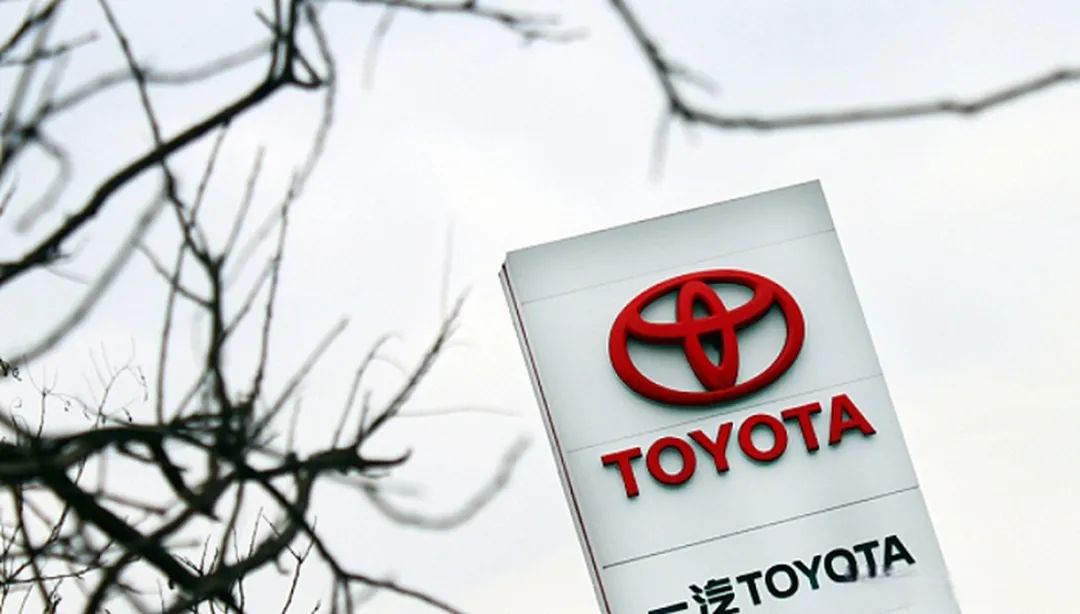
There are also suspicions from the outside world that FAW-Toyota's move is a "disguised cost reduction and layoffs." Previously, Volkswagen China offered employees two choices during layoffs: either relocate to Hefei from Beijing or receive direct layoffs with a maximum compensation of N+6. FAW-Toyota's approach this time is similar, and it remains to be seen whether the relevant adjustments will have a phased impact on FAW-Toyota's sales.
Consolidation of Toyota and Lexus Models Still Under Discussion
Recently, there has been widespread attention to news about the potential merger between Honda and Nissan. Given the significant decline in sales for both brands in the Chinese market, achieving cost reduction and efficiency enhancement through mergers has become a choice for an increasing number of international automakers. Although Toyota remains firmly in the position of the world's leading automaker, it has also included the adjustment of product and business focus on its agenda, given the continuous decline in sales and profits in the Chinese market.
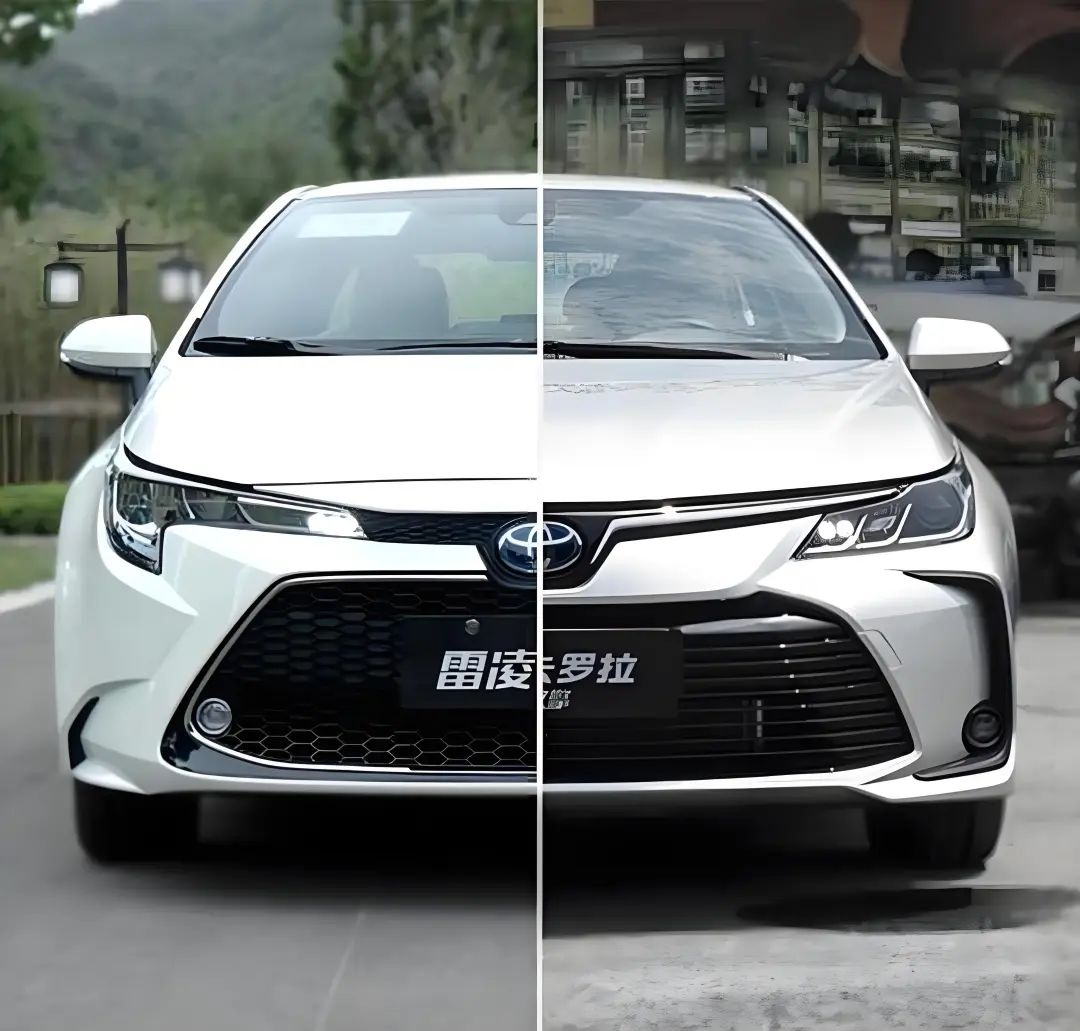
It has been reported that Toyota is planning to consolidate multiple best-selling models, including the Corolla and Levin, as well as the Camry and the Asian Dragon. In fact, a month ago, informed sources indicated that Toyota was considering reducing investment in the research and development and sales of traditional models and consolidating models of the same level from the two joint ventures.
Due to the sensitivity of the relevant information and the involvement of multiple interests, neither FAW-Toyota nor GAC Toyota has responded positively to this. Relevant dealers have only heard rumors but have not received any official notification. "Auto Talk" queried sales data from the past year and found that Corolla sales are significantly higher than Levin sales, while there is also a significant gap between Asian Dragon and Camry sales, although both have exceeded 10,000 units in sales in the past three months.
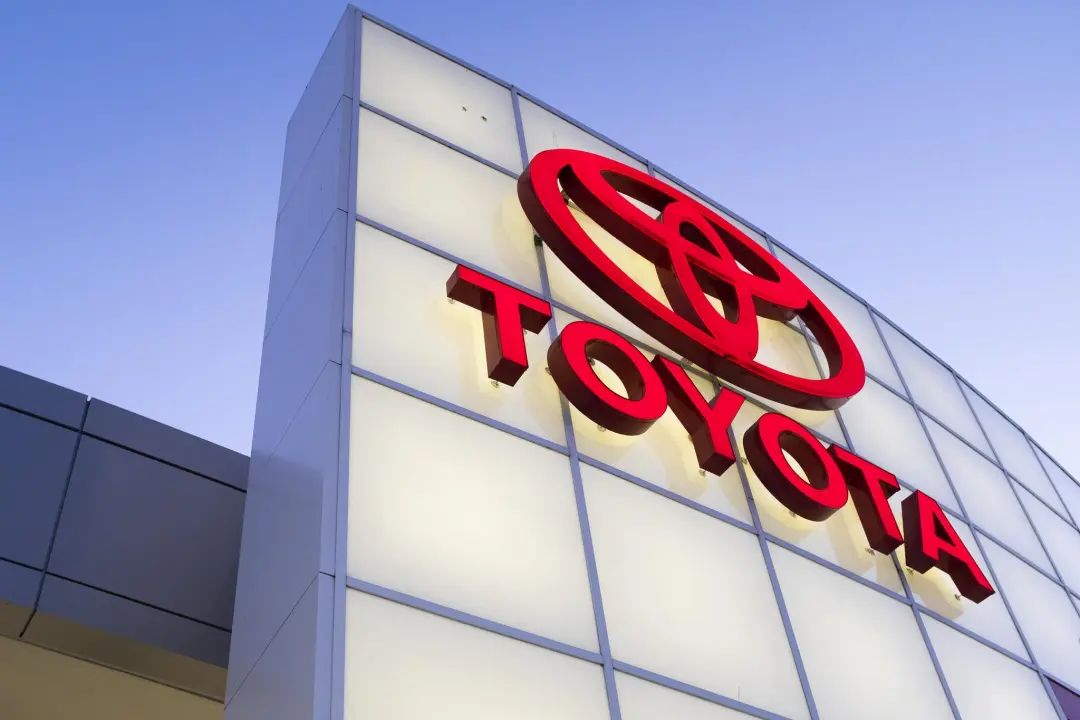
Currently, the main models that Toyota plans to consolidate are limited to sedans, and the consolidated models will cease development for the next generation. Their market space will be filled by newly developed new energy vehicles. In addition to Toyota, other joint venture automakers also have plans to reduce models or even brands. It is foreseeable that the trend of cost reduction and efficiency enhancement in the automotive market will intensify next year.





